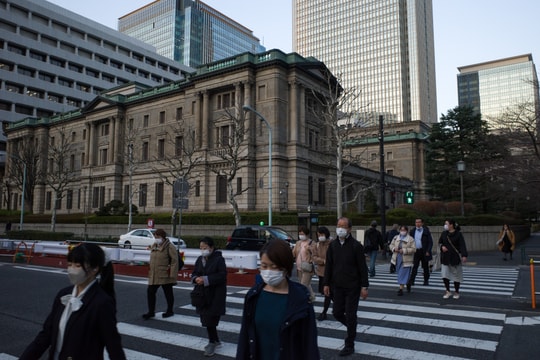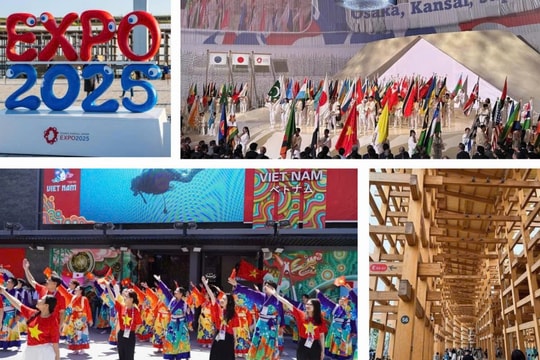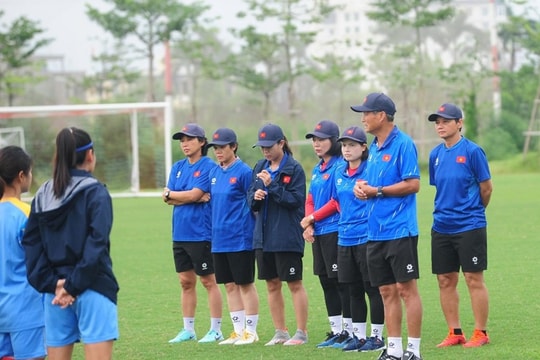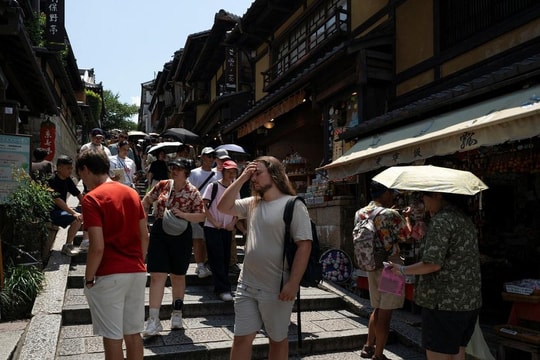Japan's early election: Prime Minister Abe's strategic move
Prime Minister Abe's call for early elections is considered a strategic and timely move.
In a move believed to be aimed at seeking a new term, Japanese Prime Minister Shinzo Abe on September 25 called for an early election. Observers said that Prime Minister Abe's decision to call an early election at this time is strategic and wise, taking advantage of the opposition's instability as well as the Prime Minister's growing support rate.
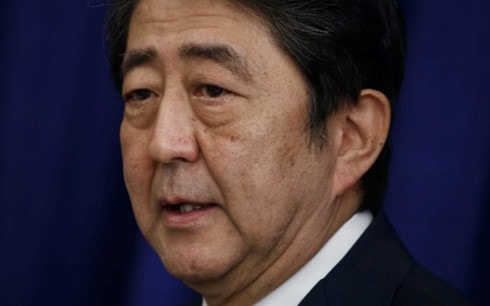 |
| Prime Minister Shinzo Abe is conducting an opinion poll (Photo: AP) |
Speaking to the press, Prime Minister Abe announced that he will dissolve the House of Representatives on September 28, paving the way for a general election with the hope of finding a new term to help Japan escape from national crises.
“Japan is facing national crises such as a rapidly declining and aging population and tensions on the Korean peninsula. I would like to continue as a strong leader to deal with these crises,” Mr. Abe said.
Prime Minister Abe did not give a specific time for the election. Previously, there was information that the general election could take place on October 22.
In fact, Mr. Abe still holds the position of Prime Minister for more than 1 year before the scheduled elections. However, observers say that Prime Minister Abe is aware that the support rate will not have a chance to improve much. Therefore, Prime Minister Abe's call for early elections is considered a strategic and timely move. Japan's economic growth is a plus point to help increase the Prime Minister's rate at this time.
According to the latest figures, Japan's GDP grew at a 2.5% annual rate from March to June. This is significantly higher than analysts expected and means Japan has had six consecutive quarters of growth. With tensions over North Korea's missile and nuclear weapons programs showing no signs of abating, the image of a strong leader with tough statements against North Korea will help boost Prime Minister Abe's approval rating.
Not missing this advantage, in his call for early elections on September 25, Mr. Abe continued to affirm his stance on North Korea to attract voters' support.
“The Japanese government will not neglect the threat from North Korea and will continue to increase pressure if Pyongyang does not stop its nuclear and missile development program. I believe we need to hold an election and gain public support to take countermeasures against North Korea,” Abe said.
The cabinet reshuffle in August also received a positive response from the people after a period of declining support for the Prime Minister due to scandals. Meanwhile, the opposition Democratic Party faces instability due to low approval ratings and defections of members.
According to a survey published by the Nikkei business daily last weekend, if the general election were held today, 44% of voters would support Mr. Abe's Liberal Democratic Party (LDP), while the main opposition Democratic Party would receive only 8% support.
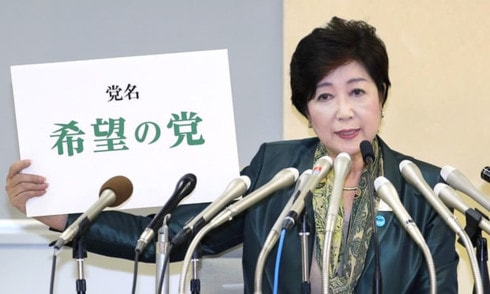 |
| Tokyo Governor Yuriko Koike at a press conference in Tokyo. Photo: AP |
However, Prime Minister Abe's road ahead also faces many difficulties, as Tokyo Governor Yuriko Koike announced yesterday that she will lead the newly formed Party of Hope (PH) to compete with the ruling Liberal Democratic Party in the upcoming election.
Former Japanese Defense Minister and LDP member, Ms. Koike is considered a "heavyweight" opponent of Mr. Abe after she was elected as Tokyo Mayor a year ago and her Tokyo First Party (Tomin First no Kai) and its allies won a majority in the Tokyo City Council election in early July./.
According to VOV
| RELATED NEWS |
|---|


